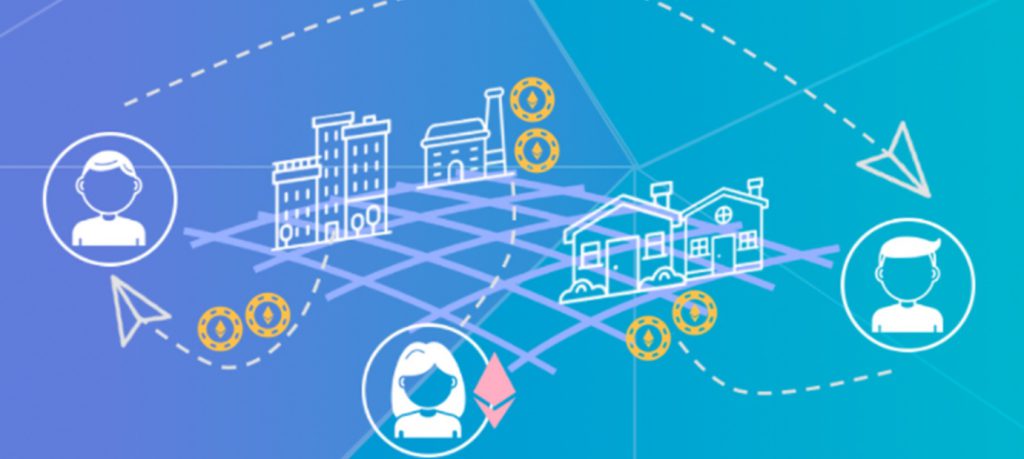Ever feel stuck with loyalty points you can’t use? Or maybe you wish online payments didn’t take so long, costing a lot. Utility tokens could change things. They’re a type of crypto token. Unlike security tokens, they give you access to something specific. This article looks at the issues they fix, showing you real ways they’re used.
Understanding the Core Functionality of Utility Tokens
Utility tokens unlock access. They’re used within a certain system. Think of it like a ticket. It lets you into a special event. The purpose is to fuel the network or platform it belongs to. People use them to get certain benefits. This makes the platform more valuable for everyone.
Access and Usage Within a Platform
Utility tokens grant entry. What do they grant entry to? It could be special features. Maybe it’s access to products or services. Some platforms use them for premium content. Other uses include reduced fees or even voting rights. It depends on the platform.
Incentivizing User Behavior
Platforms want to grow. So, they use utility tokens to reward users. What are the rewards for? Creating content or sharing data, for example. This boost platform engagement. It also helps attract new users who want a piece of the action.
Fueling Decentralized Networks
Decentralized networks need fuel. That fuel can be utility tokens. They enable transactions within the system. You might pay for computing power with them. Or storage space. Bandwidth is another service you can pay for.
Real-World Problem #1: Traditional Loyalty Programs
Old-school loyalty programs have issues. They are often controlled by one company. You can’t always use your points how you want. Plus, it’s tough to move rewards between programs. Utility tokens can make loyalty programs better.
Enhancing Customer Loyalty with Tokenized Rewards
Utility tokens offer flexible loyalty programs. They make rewards more engaging. Customers gain more control. They can transfer rewards easily. There are also more options for using them. People can get what they want.
Case Study: Blockchain-Based Loyalty Program Examples
Some companies use utility tokens. They do this for their loyalty programs. These programs have tokenomics. Tokenomics are the economics of the token. Users enjoy various benefits. These include easier reward redemption. For example, airlines using tokens to reward frequent flyers with travel perks. Increased customer retention is a big plus.
Real-World Problem #2: Inefficient Payment Systems
Traditional payment systems can be slow. The fees can also be high. Access can be limited, too. Utility tokens offer solutions to fix this. This helps streamline the process.
Faster and Cheaper Transactions
Utility tokens make transactions quicker. They also make them cheaper. Cross-border payments become simpler. Microtransactions also improve. This benefits businesses and consumers alike.
Expanding Financial Inclusion
Many people lack banking access. Utility tokens can help these people. They provide access to financial services. This is for underserved populations. These people can now participate. They couldn’t before, due to lack of traditional banking.
Real-World Problem #3: Data Ownership and Control
People often lose control of their data. Utility tokens can fix this. They reward data sharing while respecting privacy. People keep ownership of their info. This new system makes sense.
Rewarding Data Contribution
Users can get tokens for sharing data. This lets them make money directly. They can monetize their information. This gives them an incentive to participate. They are also in control.
Building Decentralized Data Marketplaces
Imagine marketplaces for data. These are decentralized, meaning no one entity controls them. Users control their data there. They can also profit from it. Utility tokens enable transactions and governance. These marketplaces thrive because of this.
Potential Challenges and Considerations
The rules around utility tokens are unclear. This could affect how many people use them. Regulations are evolving all the time. Legal and compliance issues can be complex.
Regulatory Uncertainty
Regulations change in different places. It makes it difficult to understand. Companies must stay up-to-date. They also need to keep up with compliance.
Scalability and Security Concerns
Blockchain networks face challenges. One challenge is scalability. Can they handle many transactions? Another is security. Are they safe from attacks? These issues affect utility token performance.
Conclusion
Utility tokens solve real problems. They can change how industries work. They can benefit both businesses and consumers. The future looks bright for utility tokens. They will have a role in the digital economy.








Facebook Comments